|
|
||
|
Pro Tools
FILMFESTIVALS | 24/7 world wide coverageWelcome ! Enjoy the best of both worlds: Film & Festival News, exploring the best of the film festivals community. Launched in 1995, relentlessly connecting films to festivals, documenting and promoting festivals worldwide. Working on an upgrade soon. For collaboration, editorial contributions, or publicity, please send us an email here. User login |
Joachim Trier: Interview for Louder than BombsBy Martin I. Petrov Joachim Trier is a Norwegian director and scriptwriter. His third feature film Louder than bombs, and first in the english language after Reprise and Oslo, August 31, was presented in this year’s Competition at Festival De Cannes 2015. The film tells the story of a single father and his 12 year old son in New York City struggling to rebuild their life after his wife commits suicide. Read our review of the film here: http://www.filmfestivals.com/blog/cannes/louder_than_bombs_competition_review
I studied film in London and I was always excited with the idea of working abroad. I went back to Norway and made two film there and the then I ended up in LA, I met really interesting people and a lot of producers, read many scripts but didn't find something too exciting at the beginning. Then the idea of Louder than bombs came up to both me and Eskil Vogt (scriptwriter).
2. Do you have any particular sources of inspiration or influence for this film? Well there are many, but probably we thought a lot of the early 80s Woody Allen films - they dont make these movies anymore; now it’s all about dreamedy and people cannot really relate to the characters and analyse complex emotions. A lot of this has emigrated to TV series now, maybe not on the same scale, and we are trying to bring back to the big screen.
3. What did you learn from shooting in upstate New York compared to your previous experience in Norway? It was quite interesting and very different, mainly on cultural level. I was always watching these cheerleaders, for example, but you don’t really know if they exist if you don’t see them. And they are beautiful and they're thrown in the air and it’s so fascinating to see these bits of American culture and explore them in film. Also, the dimensions are so much bigger in the US. It was like going to a music festival every day with more than fifty trucks arriving every day with catering and snacks and you have to accept this as part of the process, unless you’re making a tiny film, cause unions in New York have strong presence. But at the same time it all moves so fast, you do 16-hour long days and the amount of work that’s done is huge.
4. Do you establish a connection between your previous films and Louder than bombs? I think there is a connection, mainly around dysfunctional families and the different structures of families we deal with in each film. Obviously Oslo, August 31 is about addiction and depression, which are also seen in Louder than bombs, but here the focus is much more on the family and the way they are affected rather than the single character.
5. It feels like you’re punishing the father in the film, while he is probably the most silent character. Does his past acting career have something to do with this? I think it does mean something. He’s trying to be a modern dad, he’s quite skilful in abiding to others’ needs which makes him end up in strange situation. But he is also taking the emotional responsibility for what happened to the family so he cannot be the classical dad.
6. What is your relationship to literature, since there is a lot of reference in the film? I do love literature and definitely. People spoke about the death of the novel and then it reinvented itself, came back in a different form and survived. The films should be aspired by this possibility of the dramaturgy not being one thing. Dramaturgy is personal and we should be open to experimentation and we should expect films to be inspired by this idea of reinvention.
7. You connect the story your character’s story with footage from her work as a photographer. These two things are like parallel parts of her life that do not collide but form an antithesis. Was it your intention to underline somehow that in a world like hers everything seems perfect and yet she struggles with existential issues and commits suicide, whereas people facing political conflicts or war, as shown in her pictures are in far worse position, but try to survive no matter what? I think you are onto an important issues, or even a theme which is the discrepancy between the importance of the pains of the world and the seemingly unimportant pains of the ordinary middle-class life. It’s incomparable but we all deal with it, as we struggle to decide how we want to create our image of the world. Speaking of literature, Ian McEwan has a beautiful passage in Saturday stating that one of the modern tragedies is that we know so much more and yet we are not able to do anything about it.
8. Did you ever fear hat by the time the film is ready the video game references in it wold be outdated? We had the Oculus Rift before everyone else, this was exciting! We also showed the film to plenty of kids and they said it’s pretty good. I know that for sure we've done something wrong, I just don’t know what this is yet.
9. One of the key pieces in the film is Conrad’s diary. How did it come about? We wanted to find a way to express his feelings and at the same time to gather quite a few cultural references in one place. One of my inspirations was the film Kiss by Ken Loach, which I really love. I always cry at the scene with the kid that cannot express itself and suddenly he speaks for the first time and lets it all go out. Very touching.
10. How did you get into this particular way of visual storytelling? In the London Film School I discovered social realism and that there is poetry and truth in it. I met Ken Loach’s work and other inspiring figures at the time. I always try to keep the balance with formalism as well, I want to find expression through thought patterns - the structuring of thoughts, the temporal experience of images on screen, either we co-relate or not.
11. Although Eskil Vogt directed his first film he still writes for you as well. Tell us more about your collaboration. I’m lucky. He is an amazing director and yet he still writes my scripts. I feel that he doesn't necessarily want to direct a film every two years or so, wants to keep his own pace.
12. Is your next project Norwegian or set in the US again? Because sometimes making films out of your country doesn't allow you to input some cultural elements that you definitely had in your work so far. We are writing something in Norwegian at the moment, but there are also plans for another film in english. What I dream of as a filmmaker is that people allow you to develop. Everyone compares what you do with your previous work, but it’s like having kids - they are different, but you love them all!
13. How did Isabelle Hupert’s presence affect the filming process? It definitely made it much easier. I am fond of her and she knew that I am really interested in the close up. She is amazing with that, because in her close ups sometimes she locks you in and other times she keeps you out. I’ve never worked with someone else who changed so much in front of the camera.
14. Did you rehearse at all and how long? The film was very fast and the pace indicated that all the scenes very well staged. We had a couple of weeks to talk to each other and prepare some things, but I guess it was just the fact they clicked together. It’s interesting though because some people tell me that the film is slow, others found it very fast. I guess it’s somewhere in between. 27.05.2015 | Cannes's blog Cat. : 2015 august 31 cannes compétition festival de Cannes film festival Joachim Trier louder than bombs New York Norway Oslo Interviews
|
LinksThe Bulletin Board > The Bulletin Board Blog Following News Interview with EFM (Berlin) Director
Interview with IFTA Chairman (AFM)
Interview with Cannes Marche du Film Director
Filmfestivals.com dailies live coverage from > Live from India
Useful links for the indies: > Big files transfer
+ SUBSCRIBE to the weekly Newsletter Deals+ Special offers and discounts from filmfestivals.com Selected fun offers
> Bonus Casino
User imagesAbout CannesMy festivalThe EditorUser contributions |


















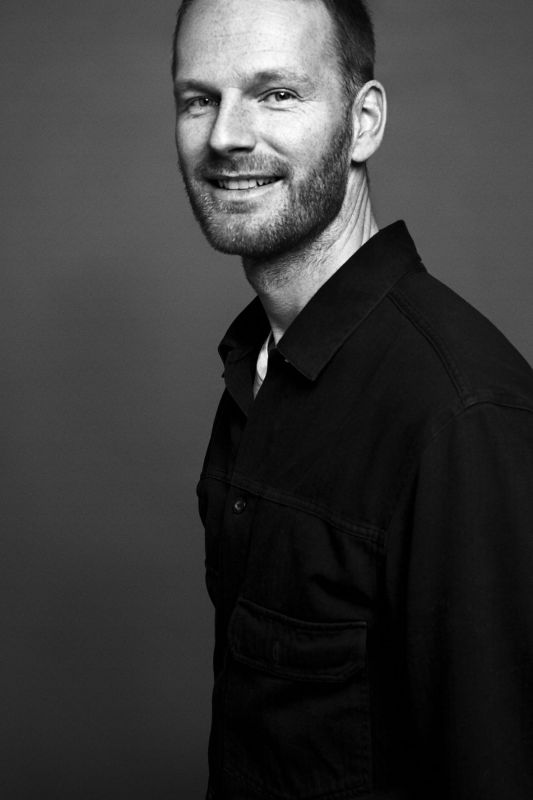
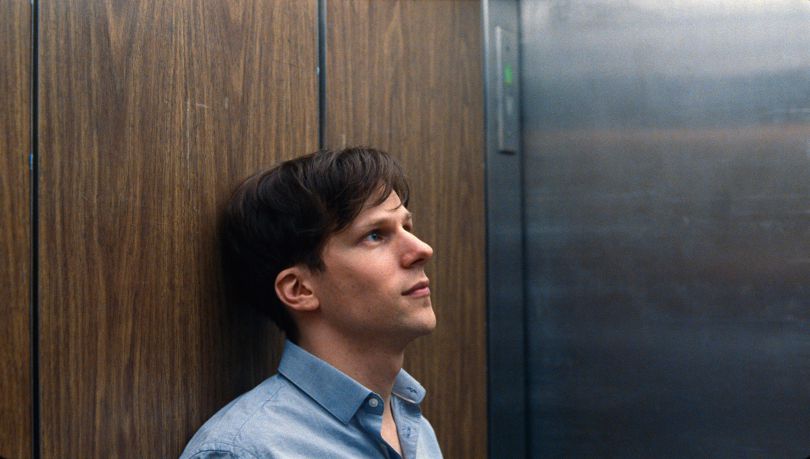
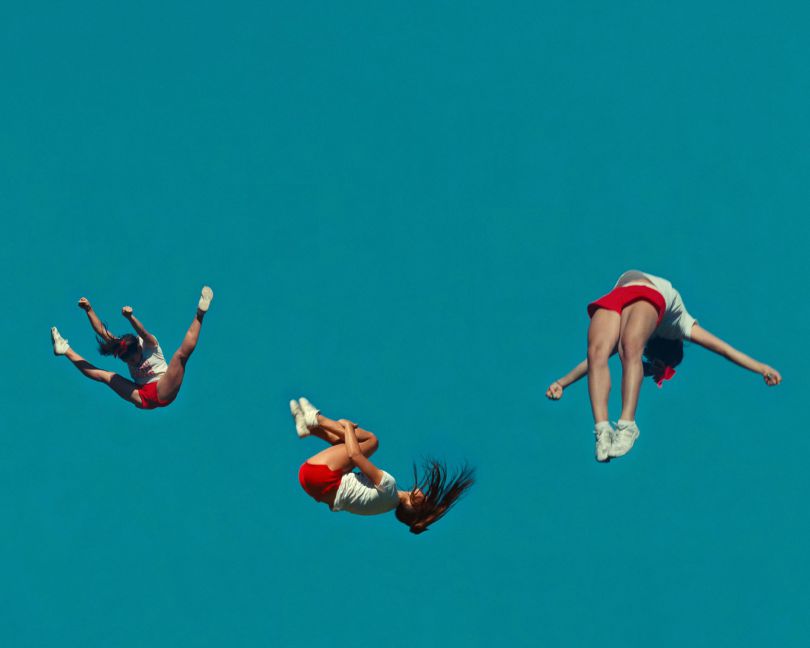

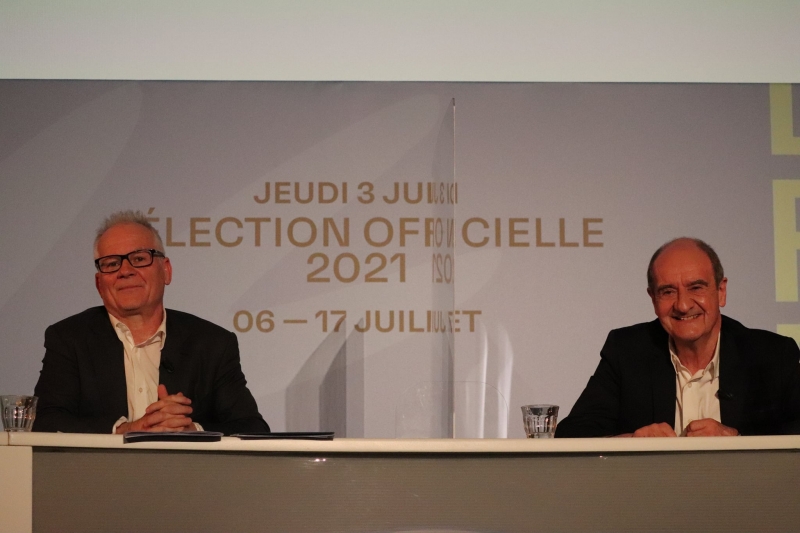
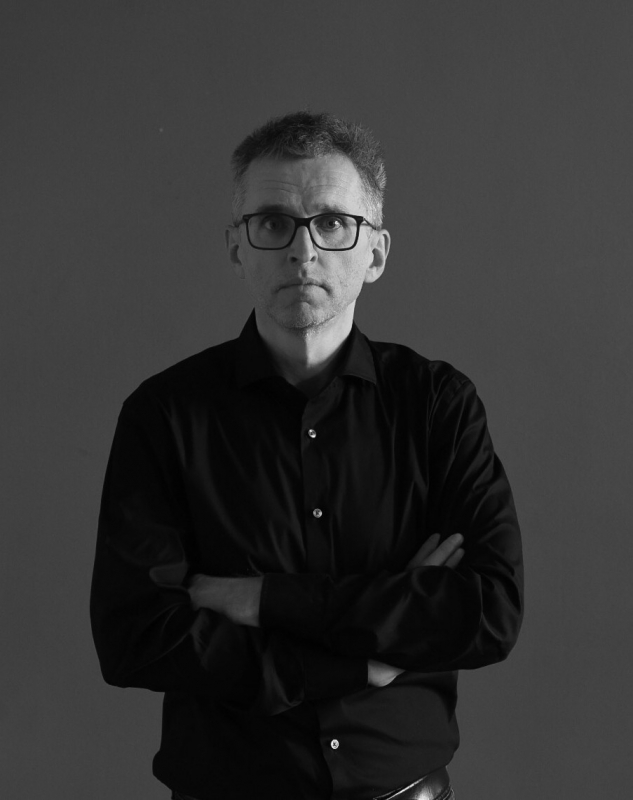
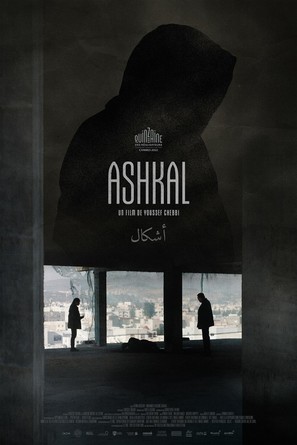
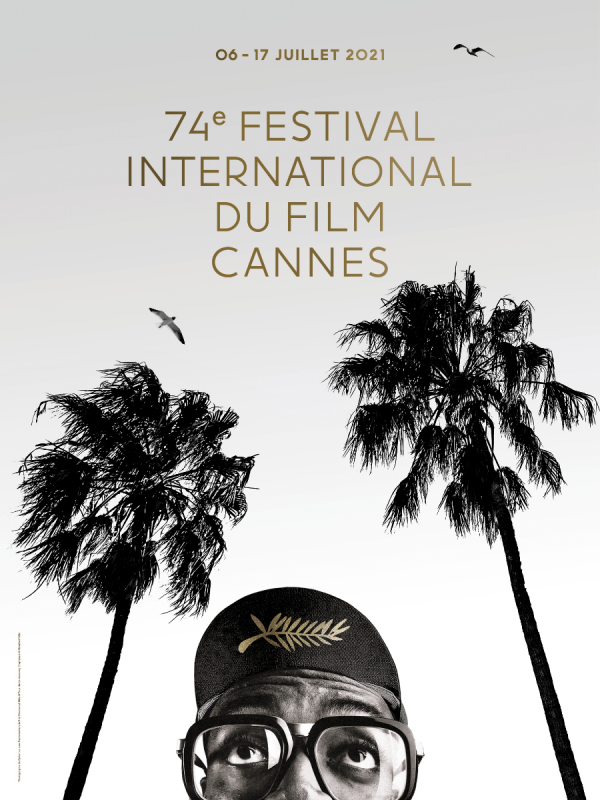

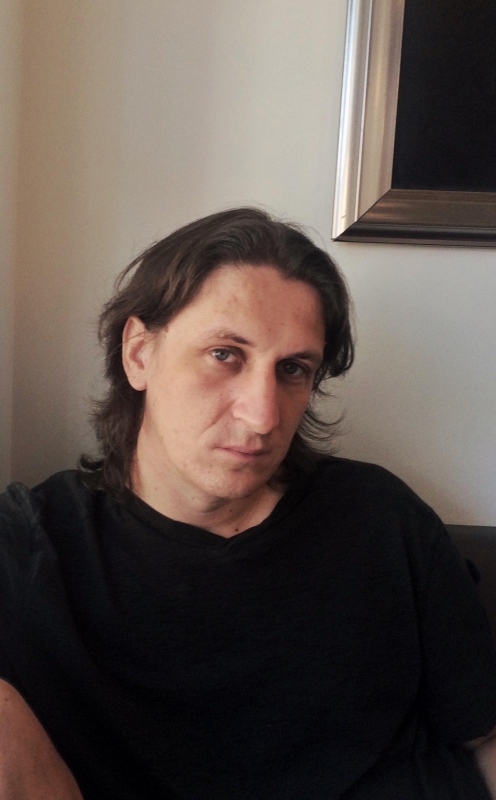
 Cannes
Cannes 


